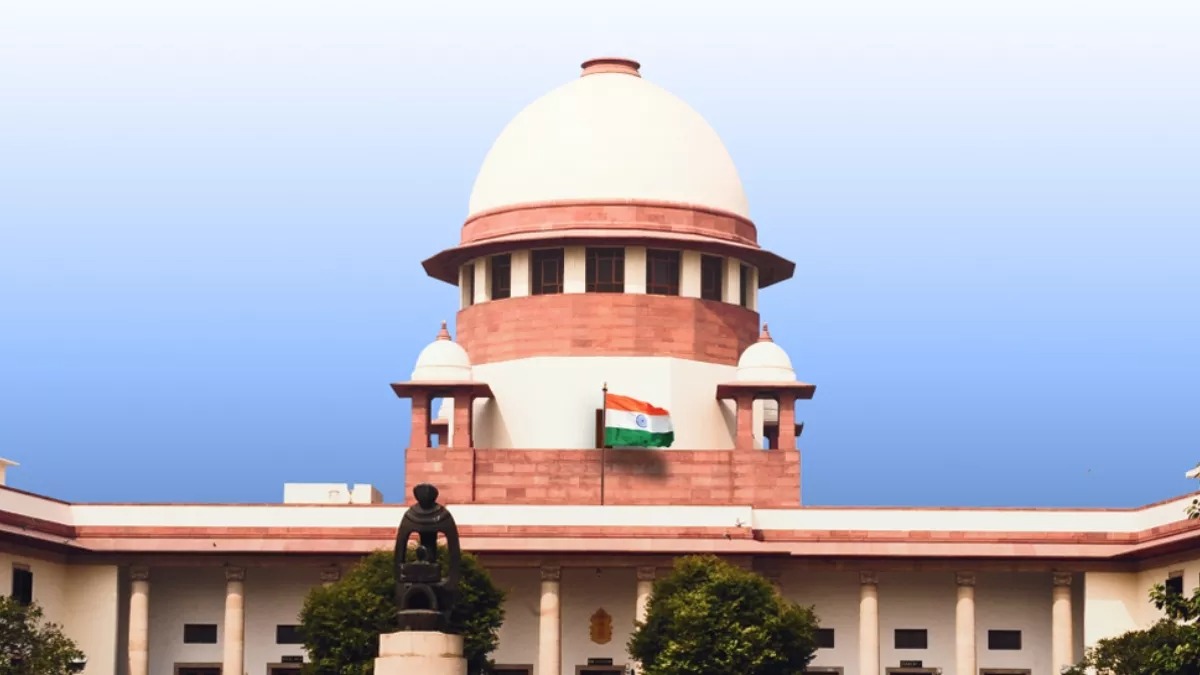
In a significant legal development, the Supreme Court has stayed a recent order by the Lokpal that sought to entertain a corruption complaint against a sitting High Court judge. This move raises critical questions about the jurisdiction of the Lokpal over judicial officers.
Background
On January 27, 2025, the Lokpal, led by former Supreme Court Justice A.M. Khanwilkar, issued an order asserting its authority to investigate complaints against High Court judges. The complaint in question accused a sitting High Court judge of influencing judicial proceedings to favor a private company. The Lokpal concluded that judges of High Courts established by an Act of Parliament fall within the definition of "public servant" under Section 14 of the Lokpal and Lokayuktas Act, 2013. However, the Lokpal deferred action, seeking guidance from the Chief Justice of India before proceeding.
Supreme Court's Intervention
The Supreme Court, taking suo motu cognizance of the Lokpal's order, expressed concerns over the anti-corruption body's interpretation of its jurisdiction. A bench comprising Justices B.R. Gavai, Surya Kant, and Abhay S. Oka found the Lokpal's reasoning "very disturbing" and issued a stay on the order's operation. The Court also issued notices to the Union Government, the Registrar General of the Lokpal, and the original complainant, while instructing that the identity of the High Court judge and the complaint's details remain confidential.
Legal Implications
This case brings to the forefront the debate over the extent of the Lokpal's authority, especially concerning members of the judiciary. Historically, the judiciary has maintained a degree of insulation from external investigative agencies to preserve its independence. The Supreme Court's decision to examine this matter indicates a careful consideration of maintaining judicial independence while ensuring accountability. The Supreme Court's stay halts the Lokpal's proceedings in this particular case. The apex court is expected to deliberate further on whether the Lokpal possesses the jurisdiction to investigate sitting High Court judges, a decision that could have far-reaching implications for the balance between judicial independence and accountability.
This development underscores the ongoing efforts to delineate the boundaries of oversight concerning the judiciary, ensuring that mechanisms for addressing corruption do not compromise judicial
--Advertisement--

 Share
Share



